Anticoagulant Medication List – Uses, Types & Side Effects Guide
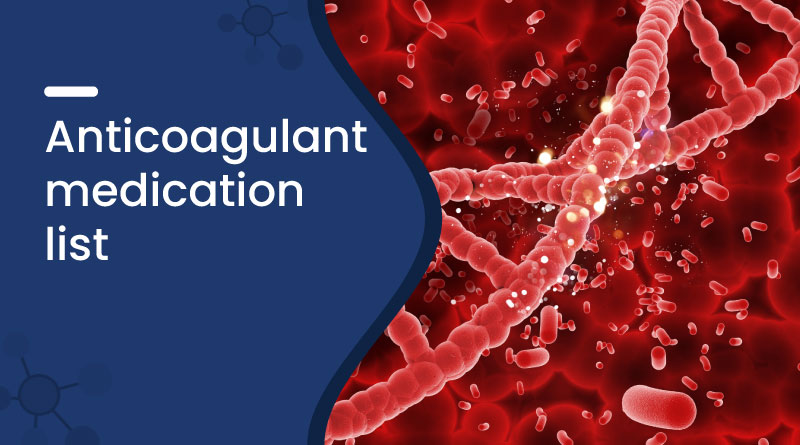

Anticoagulants, commonly known as blood thinners, are vital medicines that help prevent dangerous blood clots. They are prescribed for people with heart problems, a risk of stroke, or other clot-related conditions. By improving blood flow and lowering clot formation, these medicines reduce the risk of serious health complications. Understanding their uses, benefits, and types helps patients manage their health better and avoid risks.
What Are Anticoagulants?
Anticoagulants are medicines that reduce the blood’s ability to clot. They do not dissolve existing clots but prevent new ones from forming and stop old clots from getting bigger. Doctors usually recommend these drugs for atrial fibrillation, deep vein thrombosis (DVT), pulmonary embolism, and recovery after certain surgeries.
Uses and Benefits of Anticoagulants
- Helps stop dangerous clots from forming in the veins and arteries.
- Helps minimize stroke chances for those with atrial fibrillation.
- Protects people with mechanical heart valves.
- Supports recovery after surgery or immobilization.
- Lowers the chances of pulmonary embolism and heart attack.
Types of Anticoagulants
There are several types of anticoagulants, each working in a different way to prevent blood clots. Let’s look at the major categories:
1. Vitamin K Antagonists (VKAs)
Vitamin K antagonists are one of the oldest and most widely used anticoagulants. They work by blocking the action of vitamin K, a key nutrient required by the liver to produce clotting factors. Without these factors, the blood takes longer to clot, reducing the risk of dangerous blockages in the veins and arteries.
- Example: Warfarin
- Blocks vitamin K to stop the formation of clotting proteins.
- Has been used for decades and remains widely prescribed.
- Requires regular blood tests (INR) to monitor clotting levels.
Best For: Long-term prevention of blood clots in people with atrial fibrillation or heart valve replacements.
2. Direct Oral Anticoagulants (DOACs)
Direct Oral Anticoagulants, also known as DOACs, are newer medicines designed to target specific clotting factors directly. They work faster than warfarin and usually don’t require regular blood tests, making them more convenient for patients.
- Examples: Apixaban, Rivaroxaban, Dabigatran, Edoxaban
- Directly block thrombin or factor Xa to prevent clot formation.
- Have a predictable effect, reducing the need for routine INR monitoring.
- Fewer food restrictions compared to warfarin.
Best For: Patients who need effective clot prevention without frequent monitoring or strict dietary changes.
3. Heparins
Heparins are fast-acting anticoagulants that are usually given through injection. They are commonly used in hospitals for quick treatment of blood clots such as deep vein thrombosis (DVT) or pulmonary embolism. Low Molecular Weight Heparins (LMWH) like enoxaparin are safer and require less monitoring compared to traditional unfractionated heparin.
- Examples: Unfractionated Heparin, Enoxaparin, Dalteparin
- Act quickly to stop existing clots from growing larger.
- Often used in emergency treatment of DVT or PE.
- LMWH options are easier to use and safer with fewer monitoring requirements.
Best For: Short-term use in hospitals or during recovery from surgery.
Anticoagulant Medicine List
| Medicine | Key Features |
|---|---|
| Warfarin | It prevents harmful blood clots, reduces stroke risk, supports heart health, and improves circulation. |
| Apixaban | Apixaban is a direct factor Xa inhibitor that reduces stroke and clot risks without routine monitoring. |
| Rivaroxaban | Prevents and treats deep vein thrombosis (DVT), pulmonary embolism (PE), and reduces stroke risk in atrial fibrillation patients. |
| Dabigatran Etexilate | An oral anticoagulant that prevents blood clots, reducing stroke and DVT risks. |
| Heparin | An injectable anticoagulant that prevents and treats blood clots and should be used under medical supervision. |
| Enoxaparin | A low molecular weight heparin (LMWH) used to prevent and treat blood clots. |
How Do Anticoagulants Work?
Anticoagulants interfere with the natural clotting process of blood. Some block specific clotting factors, while others reduce the production of proteins required for clot formation. By thinning the blood, they maintain smoother circulation and prevent blockages in blood vessels.
Possible Side Effects of Anticoagulants
- Excessive bleeding or bruising
- Nosebleeds and gum bleeding
- Blood in urine or stool
- Stomach upset or nausea
- Rare allergic reactions
Seek immediate medical help if unusual bleeding or severe side effects occur.
Who Should Avoid Taking Anticoagulants?
Anticoagulants are not suitable for everyone. Certain health conditions or risks make their use unsafe, as they can increase the chance of serious bleeding complications. The following should avoid taking them:
- Individuals with active bleeding disorders
- Patients with severe liver or kidney disease
- Those with uncontrolled high blood pressure
- Pregnant women (for certain anticoagulants like Warfarin)
- People at high risk of frequent falls or injuries
Precautions While Using Anticoagulants
- Take the medicine exactly as prescribed.
- Avoid skipping or doubling doses.
- Inform your doctor about other medications or supplements.
- Limit alcohol and certain foods that affect clotting (like those high in vitamin K, if on warfarin).
- Regularly monitor blood clotting levels if required.
Conclusion
Anticoagulant medicines play a vital role in preventing and managing blood clots, stroke, and heart-related complications. While highly effective, they must be taken with care, regular monitoring, and medical supervision. Following precautions and the doctor’s advice ensures safe use and better health outcomes for patients who need long-term anticoagulant therapy.
Frequently Asked Questions (FAQs)
Q. What are anticoagulant medicines used for?
A. Anticoagulants are used to prevent and treat blood clots, reduce stroke risk, protect patients with heart conditions, and aid recovery after surgery or immobility.
Q. What are the common side effects of anticoagulant medicines?
A. The most common side effects include excessive bleeding, bruising, nosebleeds, stomach upset, and blood in urine or stool. Rarely, allergic reactions may also occur.
Q. Do anticoagulants require regular blood tests?
A. Some, like warfarin, need frequent blood tests to monitor clotting levels (INR). Newer anticoagulants often do not require routine testing but still need medical supervision.
Q. Can anticoagulants completely dissolve blood clots?
A. No, anticoagulants do not dissolve existing clots. They prevent clots from growing larger and stop new ones from forming, ensuring safer blood circulation.
Q. What precautions should I take while using anticoagulants?
A. Take the medicine exactly as prescribed, avoid skipping doses, limit alcohol, and inform your doctor about all other medicines or supplements to prevent dangerous interactions.
Q. Do anticoagulants affect menstrual bleeding in women?
A. Yes, women taking anticoagulants may experience heavier or prolonged menstrual bleeding. Inform your doctor if bleeding becomes excessive, as treatment adjustments may be required.
Benzyl Nicotinate (2mg) + Heparin (50IU)
20gm Cream in 1 tube
Recent Blogs
Disclaimer : Zeelab Pharmacy provides health information for knowledge only. Do not self-medicate. Always consult a qualified doctor before starting, stopping, or changing any medicine or treatment.

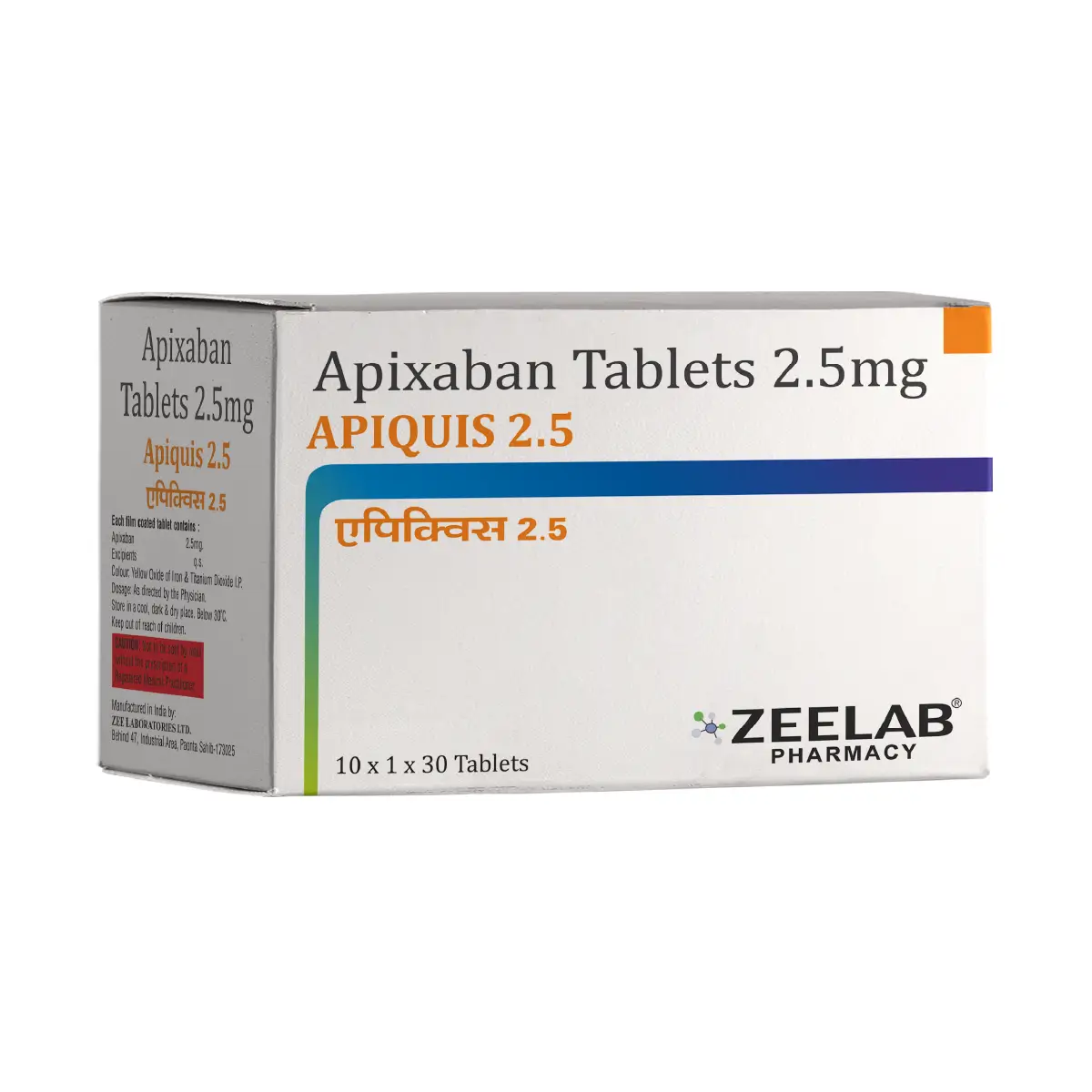
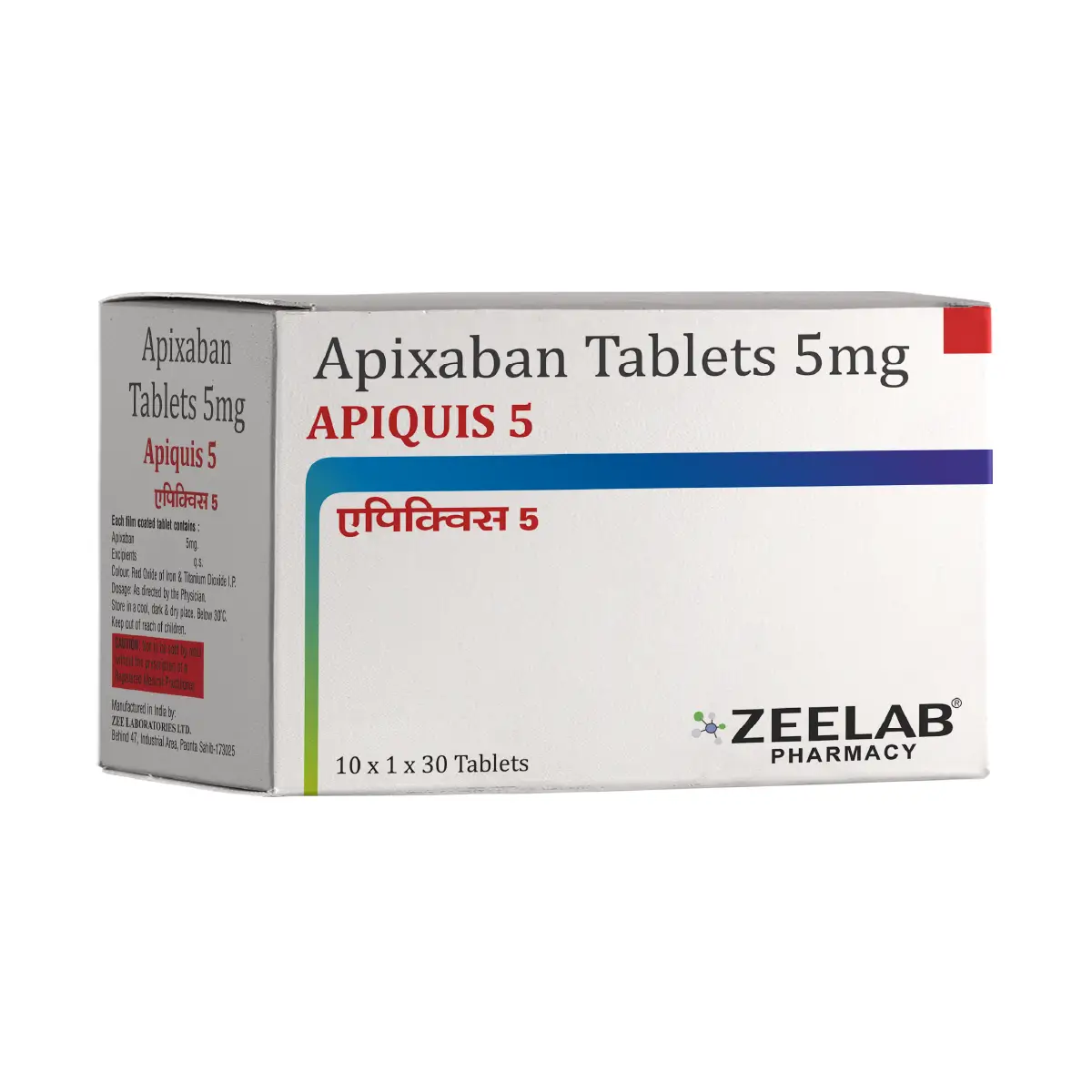
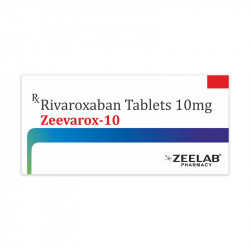
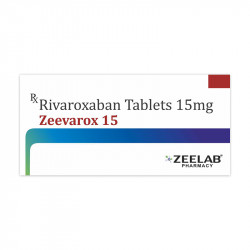
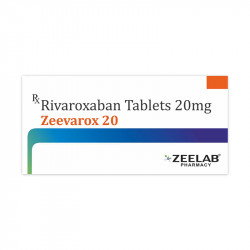
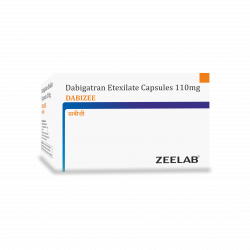
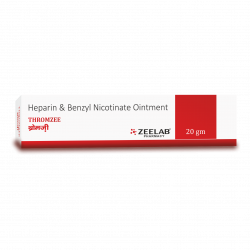
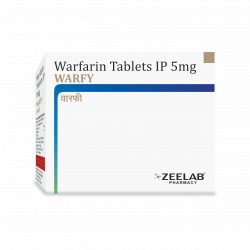















 Added!
Added!